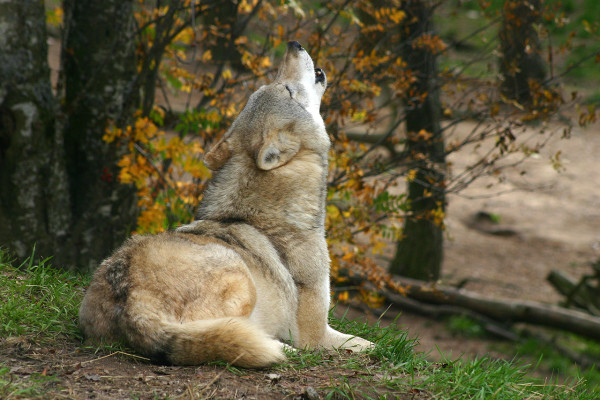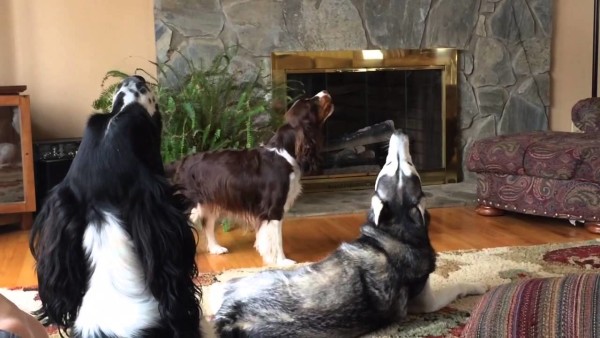With the arrival of a new full moon on July 31st, comes the mournful sound of dogs howling in the garden. Some experts attribute this behaviour to wolf ancestry, while others like to believe in the romantic myths and legends of times long since past. Nordic mythology claims that a pair of wolves would pursue the sun and moon; howling to summon the day and night.
We take a look into why howling is so common with our furry critters.
Why Do Dogs Howl?
Genetics
The howling urge is programmed in their genetics. Don’t forget – dogs are distantly related to wolves through a common ancestor. Wolves communicate with each other by howling, growling, whimpering and barking, much like domesticated dogs do.
Communication
In the wild, wolves howl for various reasons:
- to warn-off a potential threat,
- to warn others in their pack of a threat, or
- to let a lost pack member know where they are.
For a domestic dog, this translates to:
- letting their owner (the pack leader) know where they are, or
- warning a stranger know they’re a little too close for comfort.
This type of behaviour is perfectly normal, however, if your dog’s howling becomes aggressive towards humans or other dogs you should seek advice to stop the behaviour.
Medical
Dogs will howl as a way of alerting you to the fact that they’re injured. Much like us humans cry; dogs will howl to communicate pain and discomfort to you. Get your pooch to a vet for a check up.
Separation Anxiety Howling
As mentioned above, dogs howl to find where their missing pack member is. Much to the annoyance of your neighbours, if you’re not at home this is what your dog will be doing if he suffers from Separation Anxiety.
Howling Breeds
Some breeds are known to be more prone to howling than others:
- Alaskan Malamutes
- Beagles
- Dachshunds
- American Foxhounds and English Foxhounds
- Bloodhounds
- Basset Hounds
- Alaskan Huskies and Siberian Huskies
- Tamaskan Dogs
Does your dog like to ‘sing’? Let us know your dog breed and their howling triggers in the comments below.


